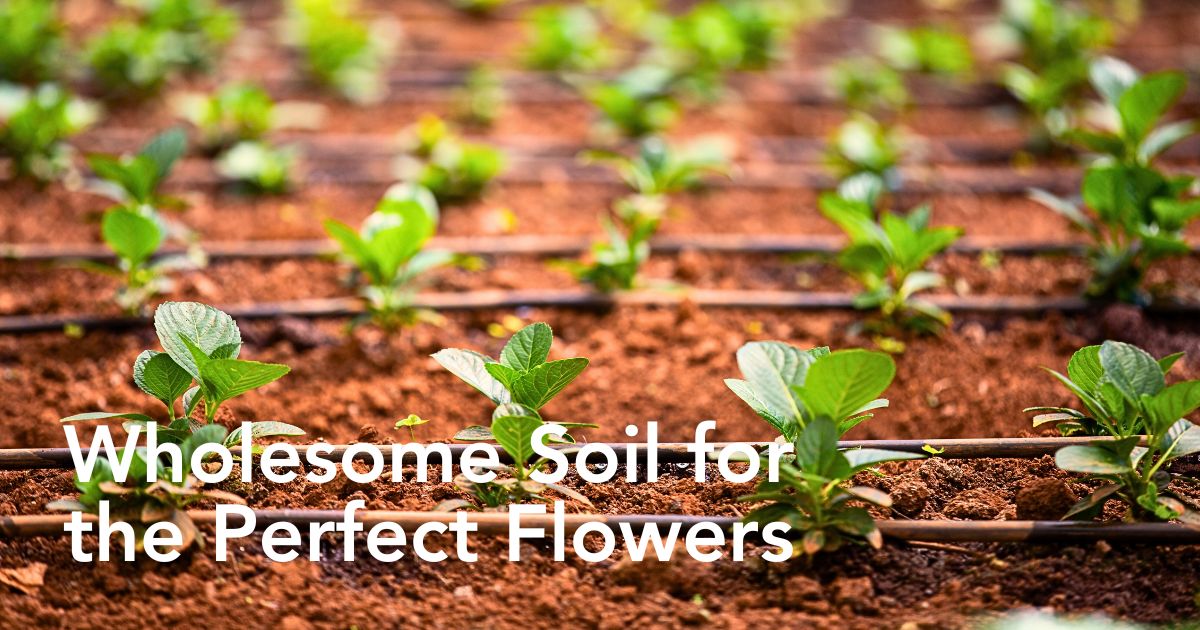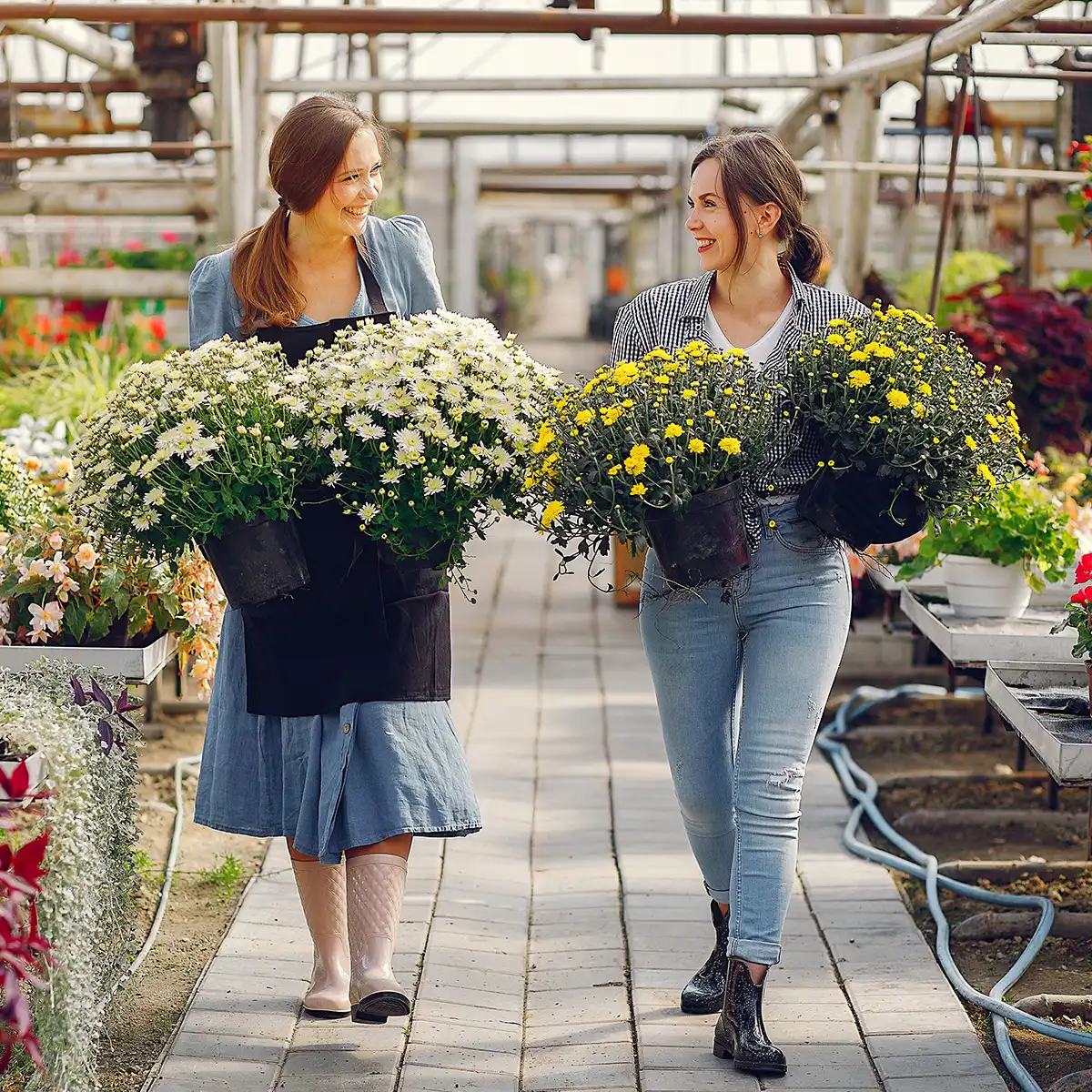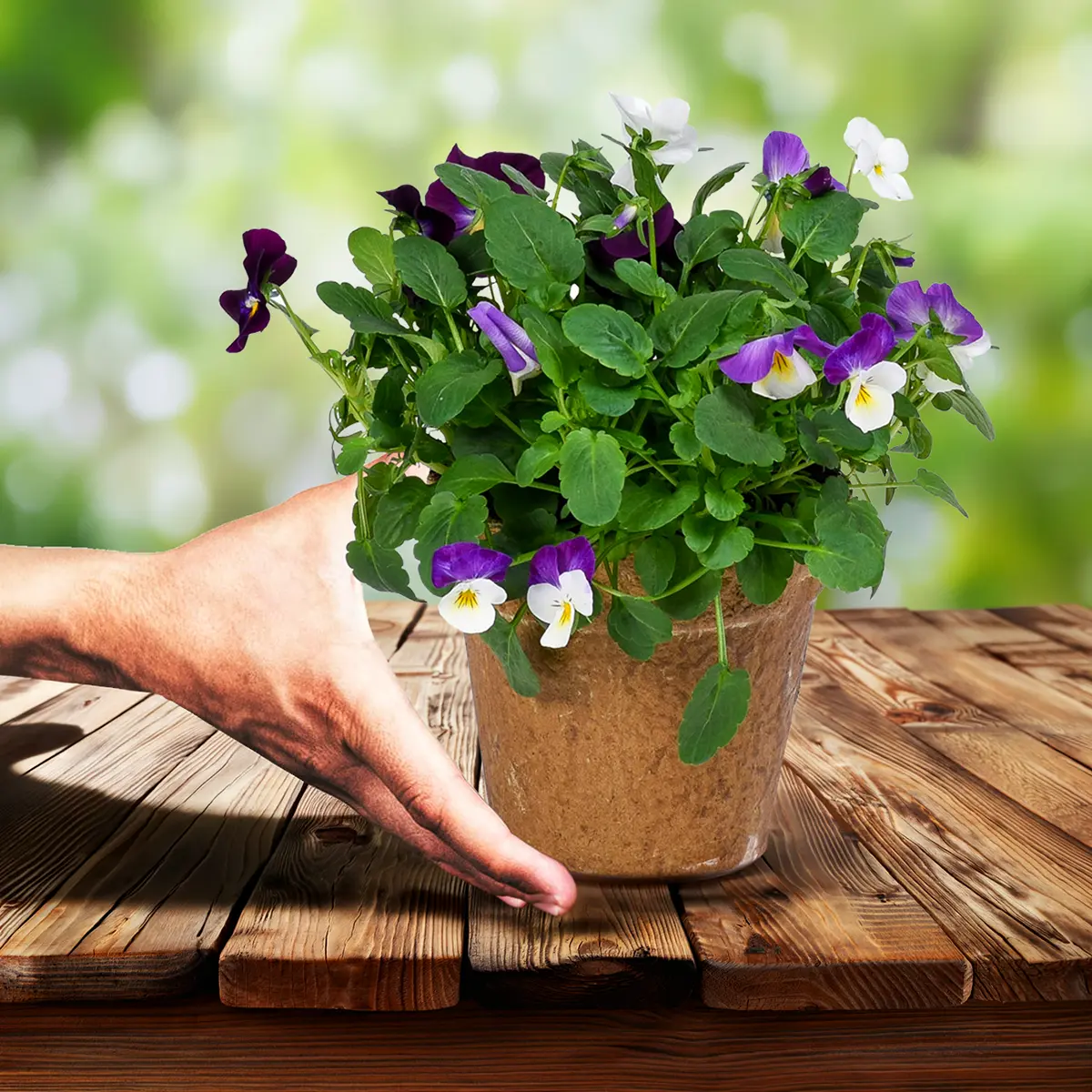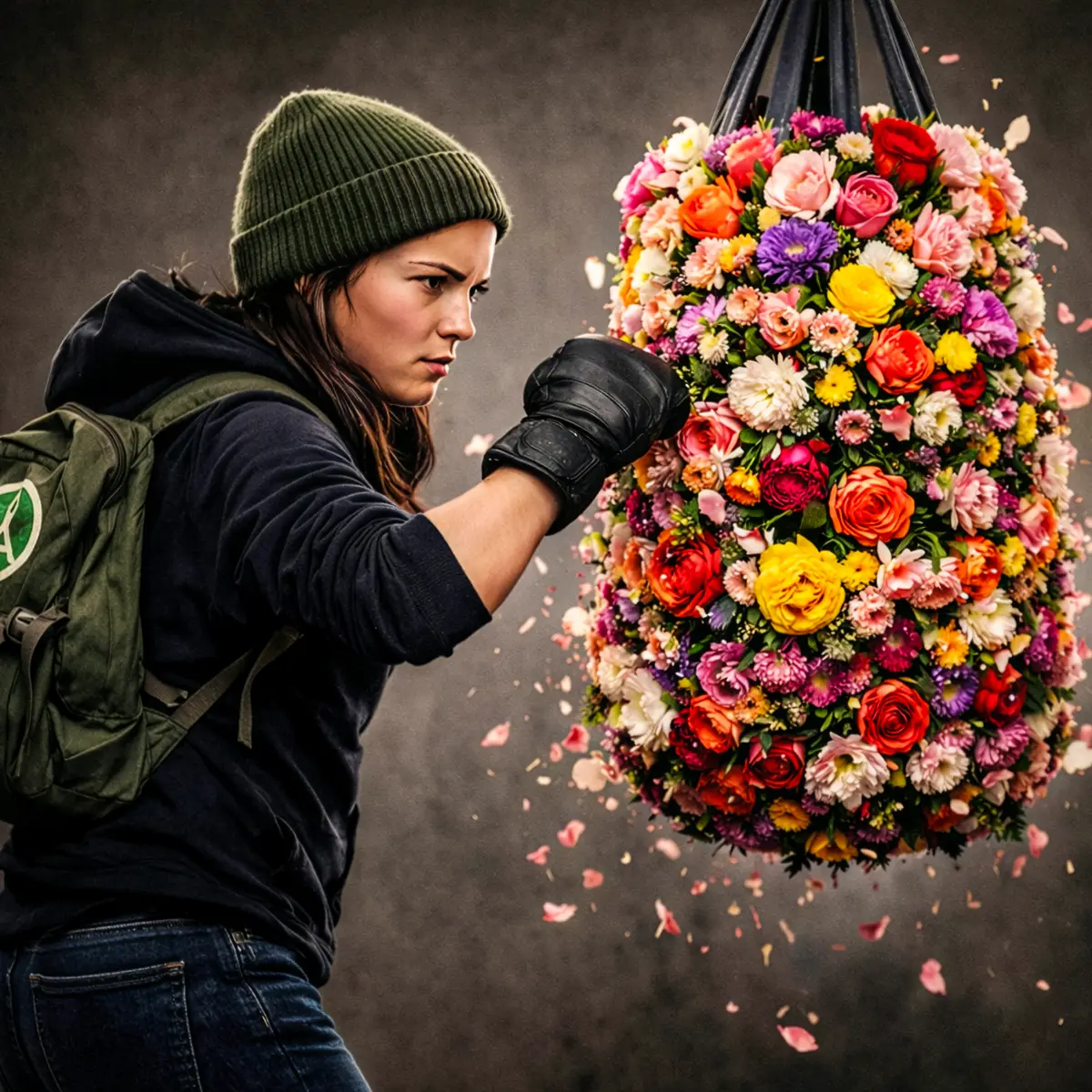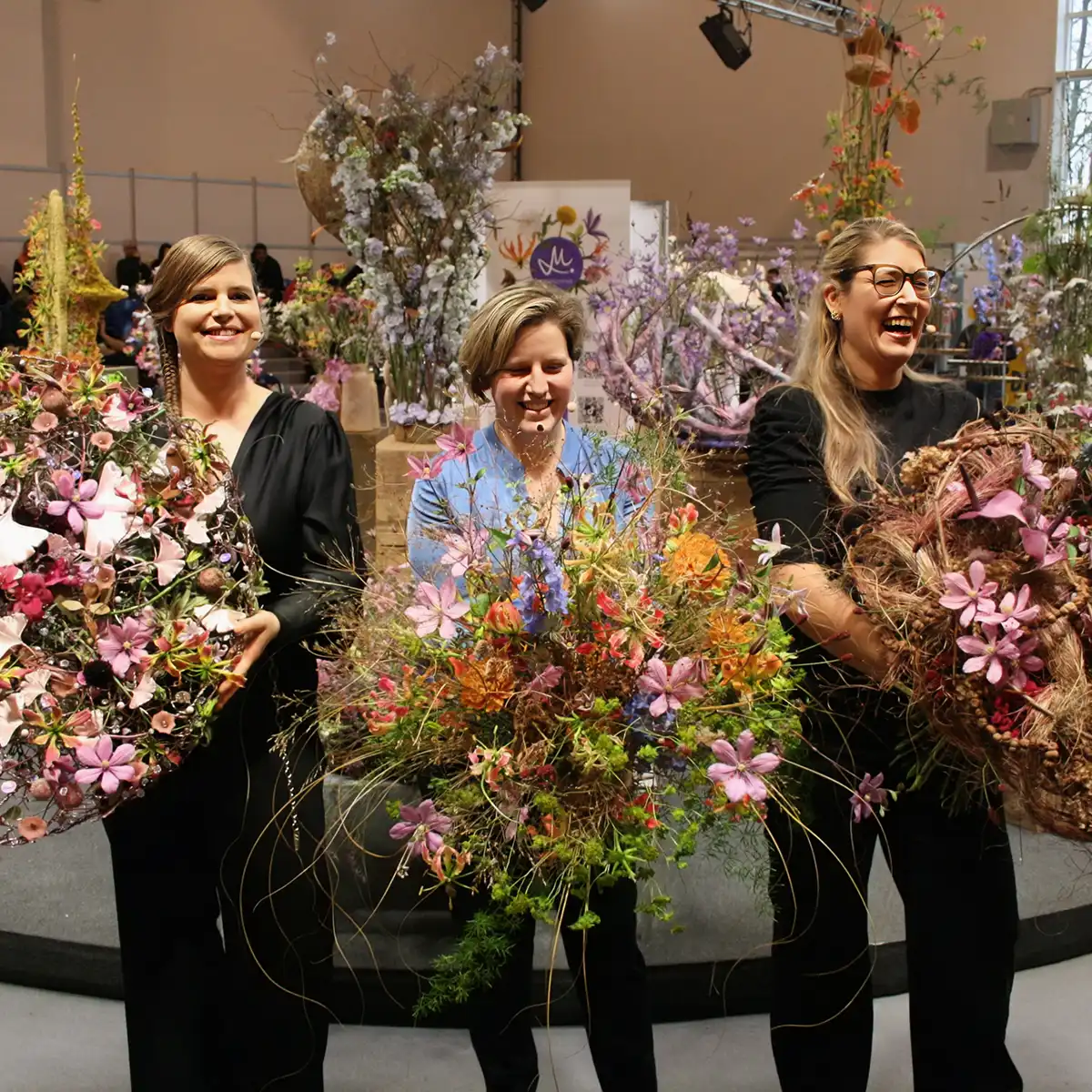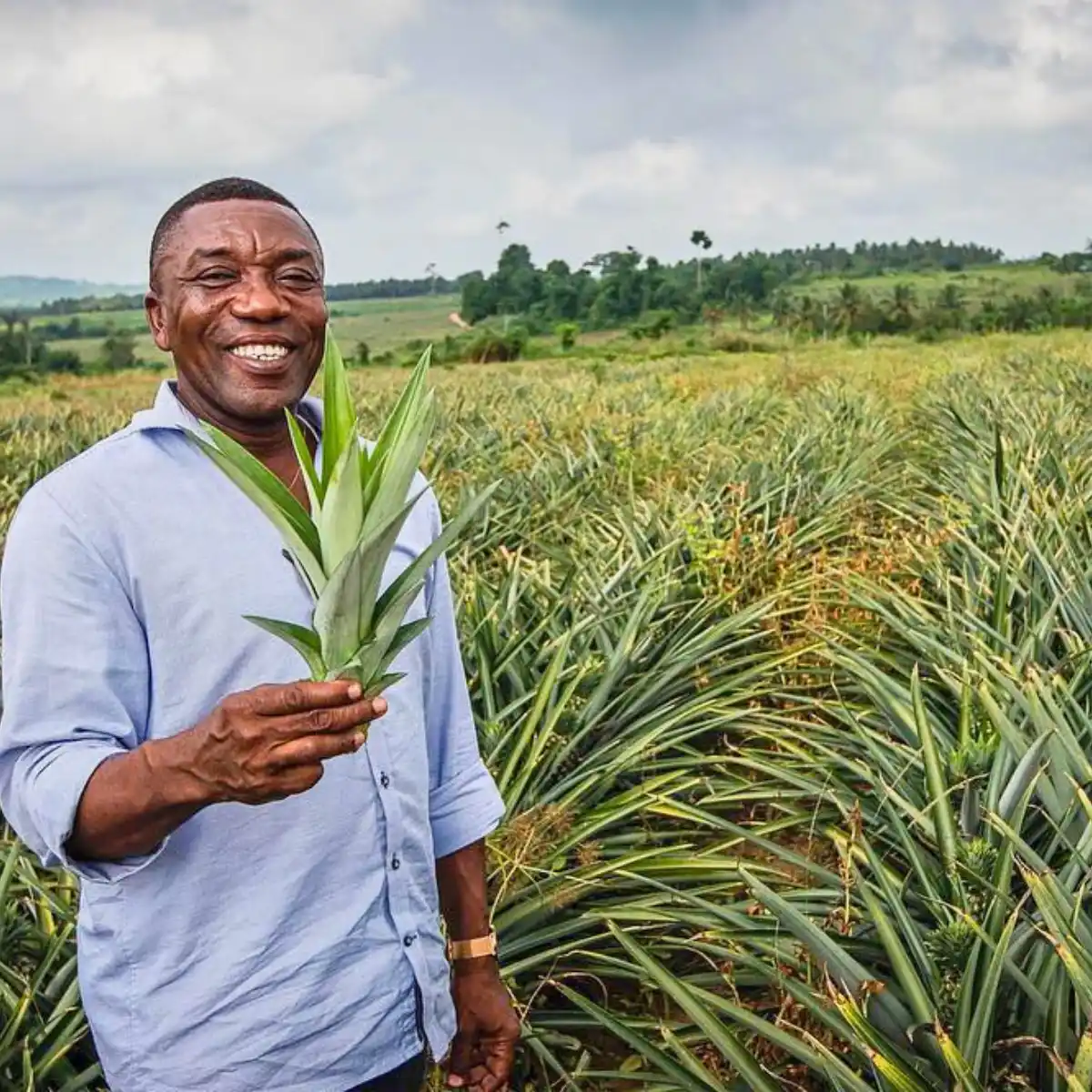With seventeen farms spread across the four countries of Kenya, Ethiopia—where it owns the farms—, and Tanzania, and Zimbabwe—where they are partner farms—the journey of Marginpar’s flowers from a healthy patch of soil to an exquisite bouquet or floral arrangement is generally hinged on the grower’s sustainable practices.
For Marginpar, nurturing the soil is not just about growing flowers; it is about building ecosystems—through sustainable flower cultivation processes—that remain healthy and thrive for generations afterward. Through the nature-first approach that the grower has adopted, they work with the earth—rather than against it—in a strategy that guarantees that for their flower cultivation, floral beauty and sustainability are conjoined and go hand in hand.
Understanding the Importance of Healthy Soil and Working Accordingly to Maintain It
Healthy soils support vibrant ecosystems, resilient plants, and ultimately, beautiful flowers. Marginpar has therefore made soil health a priority. Here’s how.
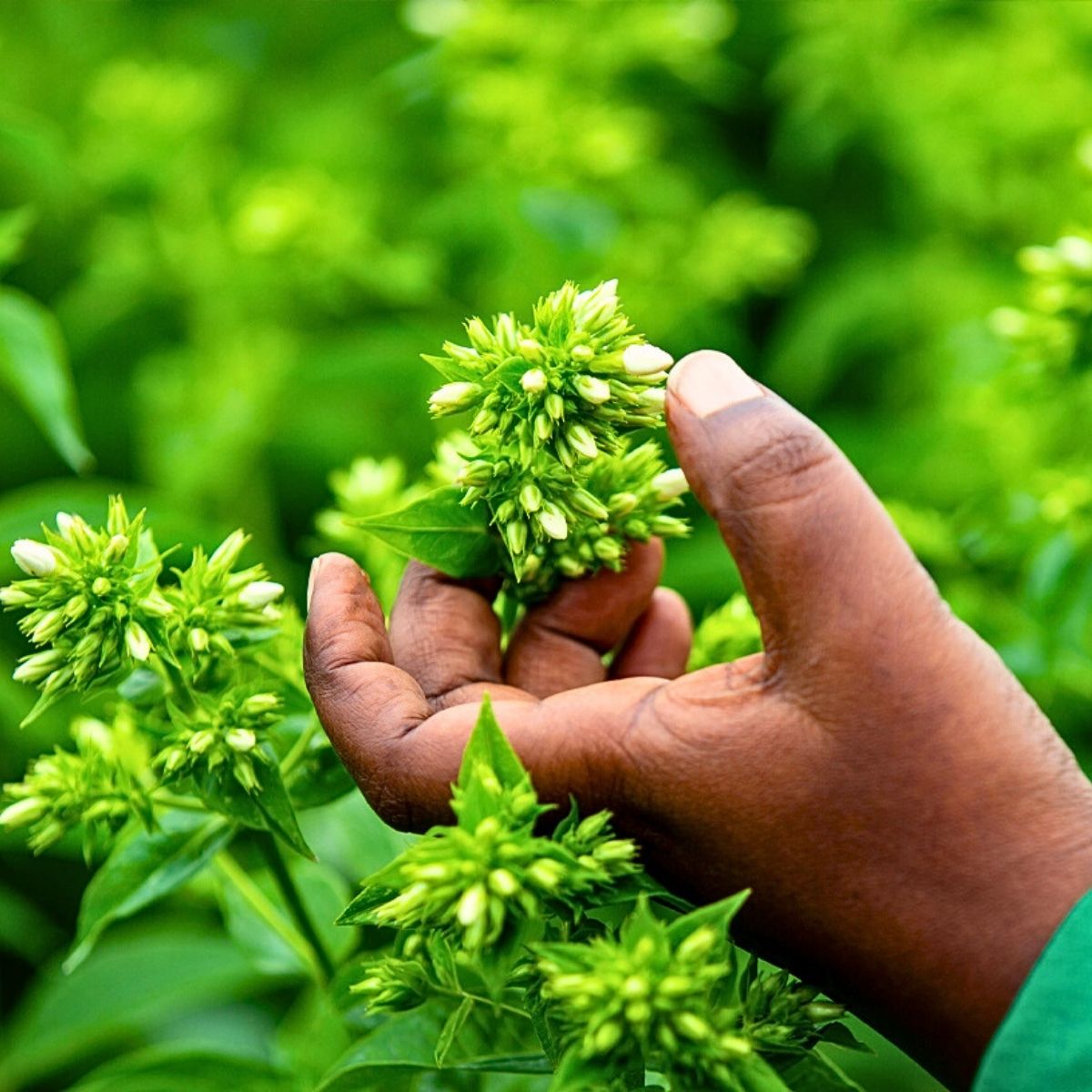
Moving Away From Synthetic Chemicals
Historically, flower farming has often relied on synthetic chemicals to protect crops. While these quick fixes provided immediate results, they came at a significant cost to soil quality and overall ecosystem health. They negatively impacted soil quality over time. Thus, Marginpar has shifted away from this model.
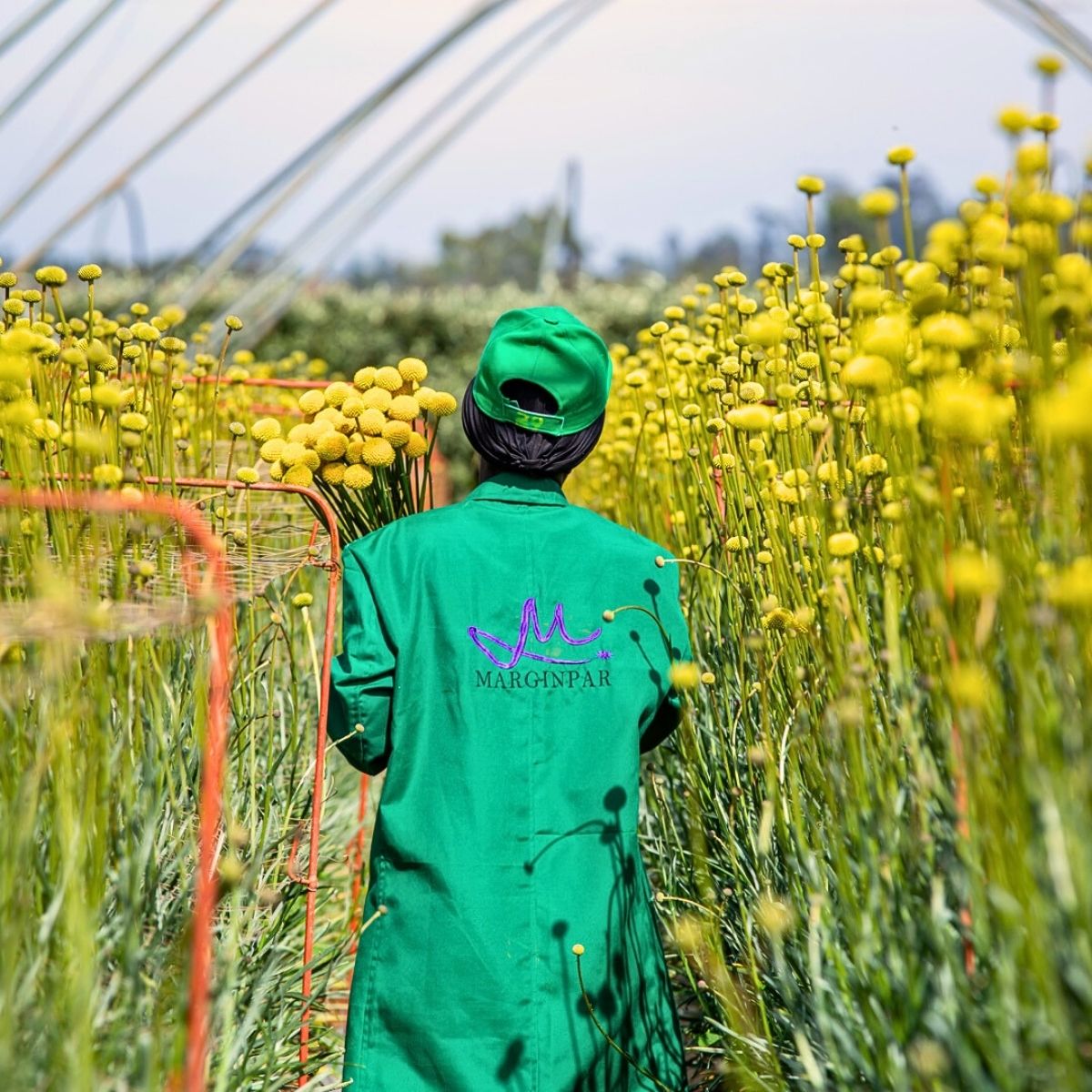
The grower has instead, opted for practices that work with nature rather than against it. This transition is crucial for maintaining healthy soils and the long-term viability of flower farming in the African continent. It is Marginpar’s way of ensuring that future generations can enjoy nature’s floral beauty, one bouquet at a time.
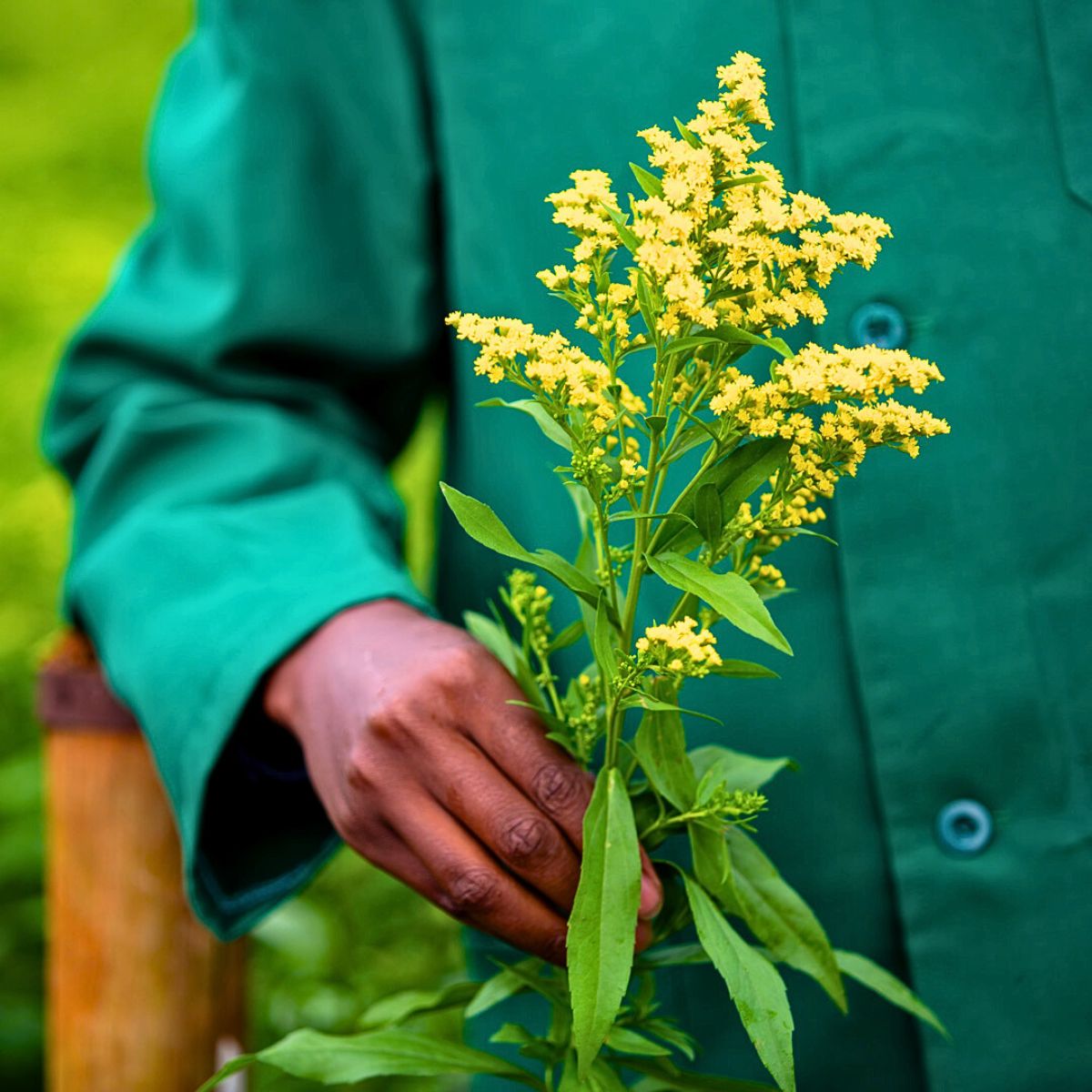
Enhancing Biodiversity
One of the key strategies employed by Marginpar is enhancing biodiversity within their farming systems. Cover crops and rotating different types of flowers create natural habitats for beneficial insects and soil microorganisms. This not only enriches the soil but also reduces the need for chemical interventions, leading to a more balanced ecosystem, as agronomist Bobby Sandeman notes.
Bobby Sandeman:
“By using cover crops and leaving plenty of space to rotate crops, we create natural habitats for beneficial insects and soil microorganisms to keep our soil vibrant and full of life. This reduces the need for chemical interventions. Rotation and cover cropping are fundamental to maintaining soil vitality. When you plant the same crop repeatedly, you deplete the soil and invite pests. By rotating crops and planting cover crops the balance is restored.”
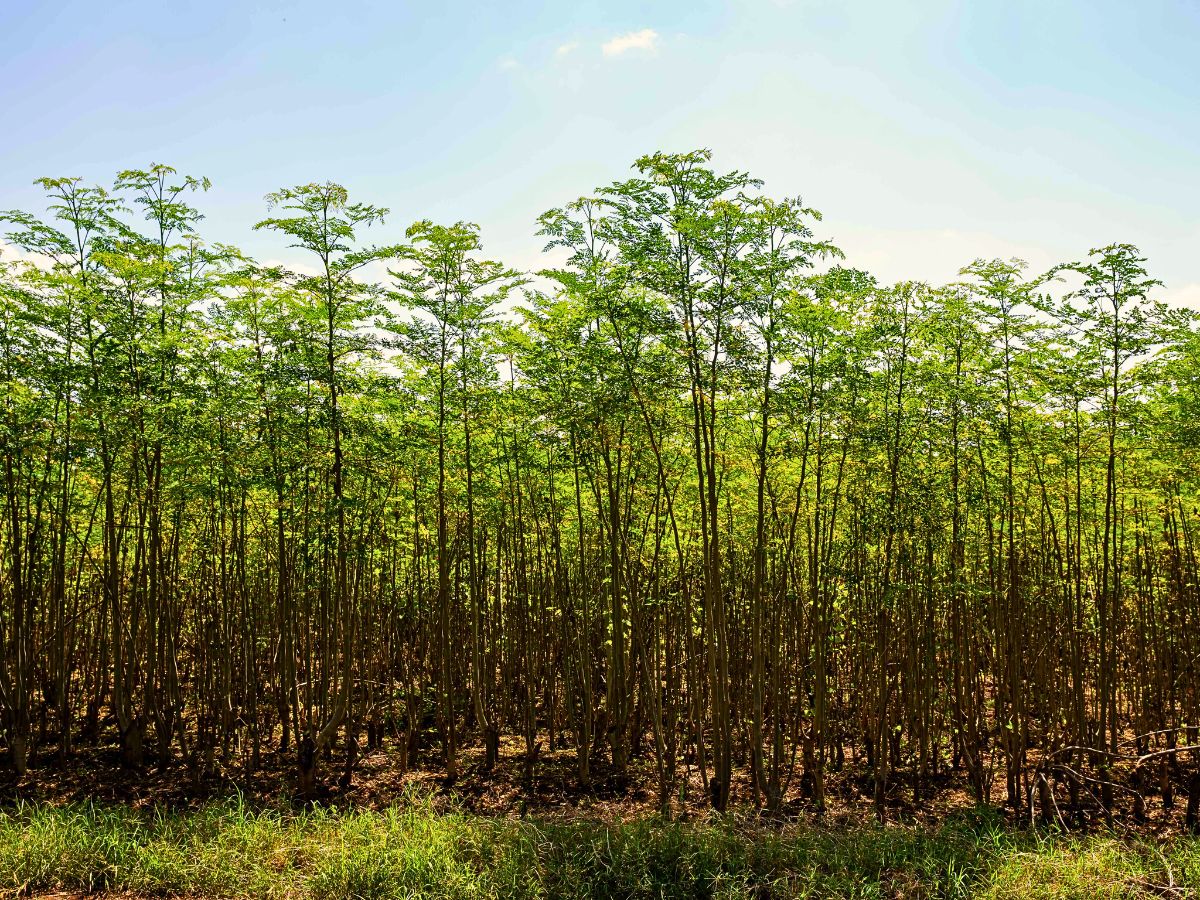
The power of crop rotation and cover cropping is multifaceted. Cover crops enhance soil structure, provide habitats for pollinators, and reduce erosion. Rotating different flower types prevents soil depletion and reduces pest infestations. This holistic approach guarantees that the farms remain vibrant and productive. They are, continually, abuzz with life, thanks to carefully chosen plant species that enrich the soil and ultimately strengthen the flowers grown.
Organic Matter and Worm Tea
Organic matter is essential for vibrant and living soil. At Marginpar, plant materials are recycled and composted to enrich the earth. What is more, the introduction of vermiculture units has been a game-changer for the grower. These units house worms that produce worm tea, a nutrient-rich liquid that boosts soil health, thereby minimizing the need for synthetic fertilizers.

These practices not only enhance soil fertility but also contribute to the overall resilience of the soils, and the quality of the flowers grown. The flowers look just as stunning in a vase as they do in Marginpar’s open fields.
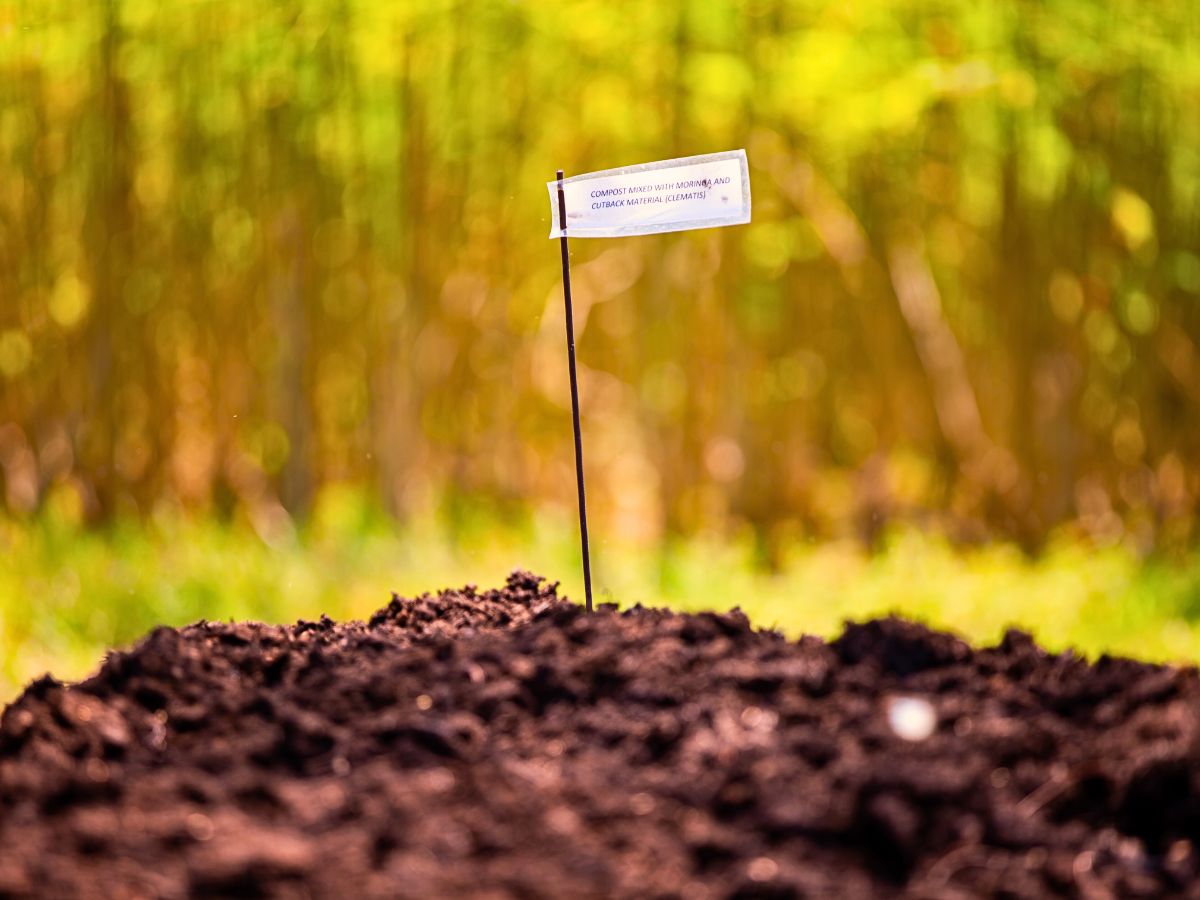
Water Retention and Drought Resilience
Increasing organic matter in the soil has significant benefits for water retention. Bobby explains that for every 1% increase in organic matter, the soil holds an extra 150,000 liters of water per hectare. This means that farms rely less on irrigation and become more resilient to drought.
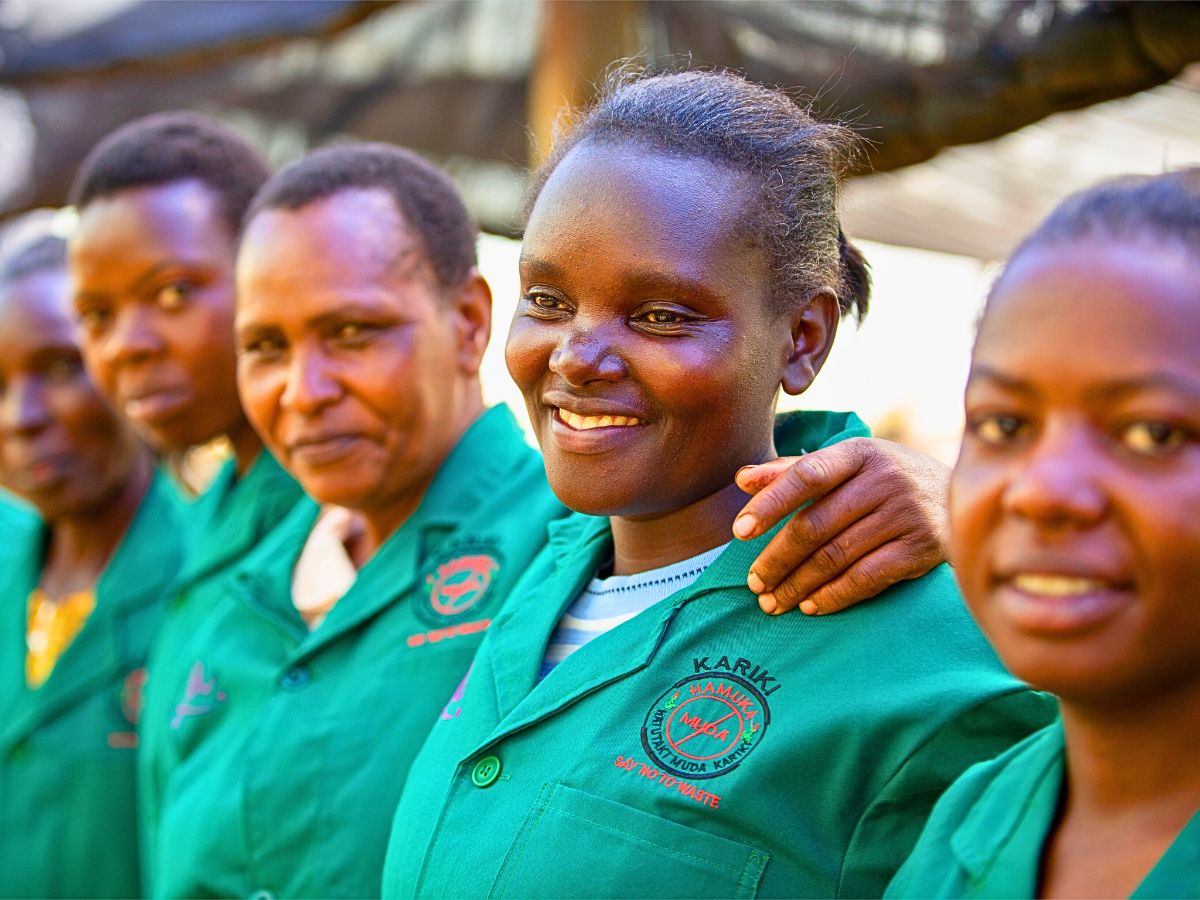
Since 2018, Marginpar’s Kenyan farms have increased stable soil organic matter by 25%, resulting in an impressive retention of 22 million liters of water in the soil. This achievement emphasizes the importance of sustainable practices in combating climate challenges. The more organic matter there is, the more water retention is achieved.
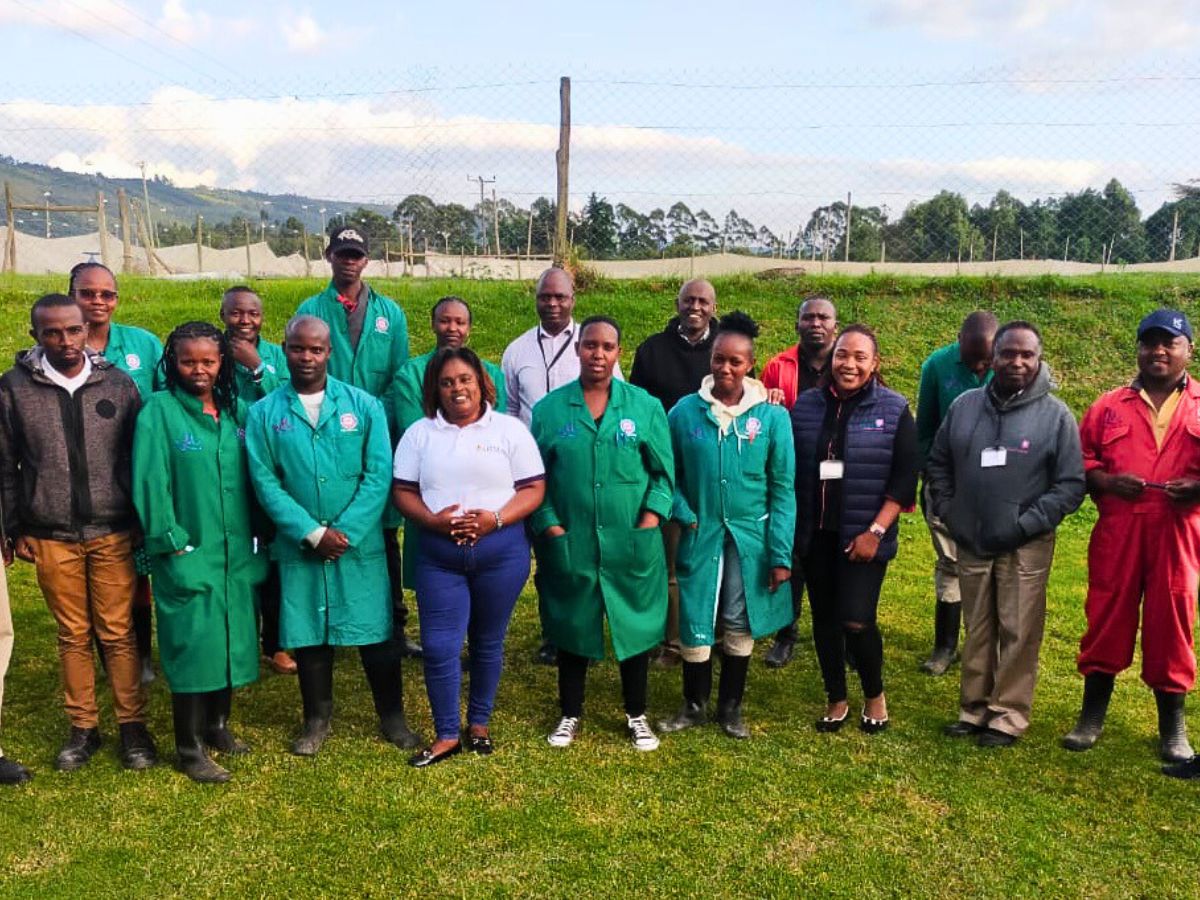
Marginpar works with experienced agronomists who play a crucial role in the company's sustainable practices. They are constantly assessing and improving flower farming practices to ensure that the soil remains healthy and productive. The collaborative efforts of agronomists and farm managers are key to identifying soil health challenges and developing effective solutions.
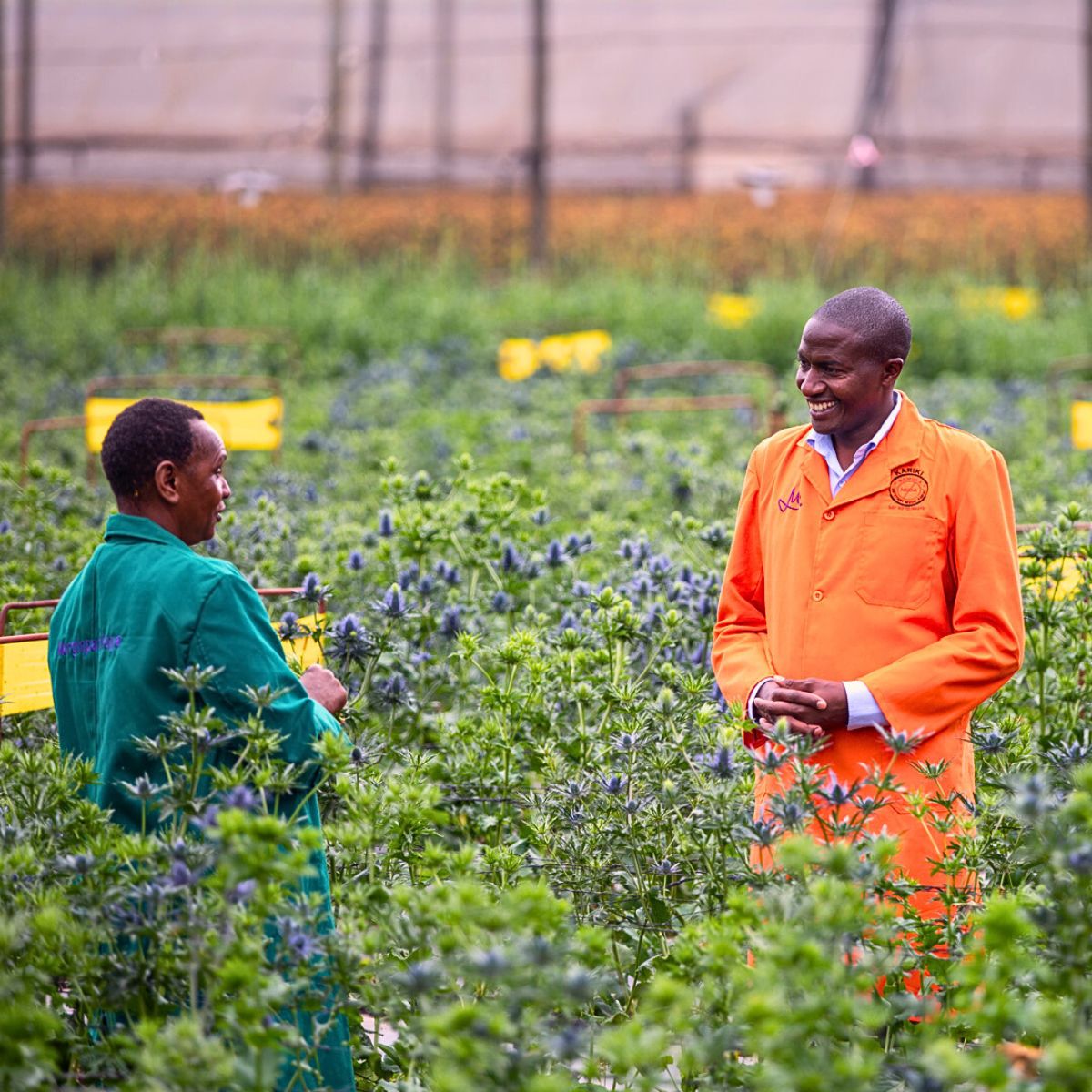
For Marginpar, All These Constitute a Journey Towards Greater Sustainability
Marginpar's modus operandi is based on the view that sustainability is not a destination but a journey. It is a journey of continuous improvement. On each of its farms, Marginpar makes every effort to attain incremental progress every day. This proactive approach ensures that Marginpar remains at the forefront of sustainable flower farming in Africa. They hold several important flower industry certifications and accreditation standards, all of which support the grower in this cause.

Each season presents a new set of challenges and opportunities to refine its practices. Through different strategies, the grower remains dedicated to contributing to a healthier planet while supplying flowers that tell a story of care for, and a connection to nature as evidenced in every aspect of its operations.
Photos by Marginpar (@marginpar).

